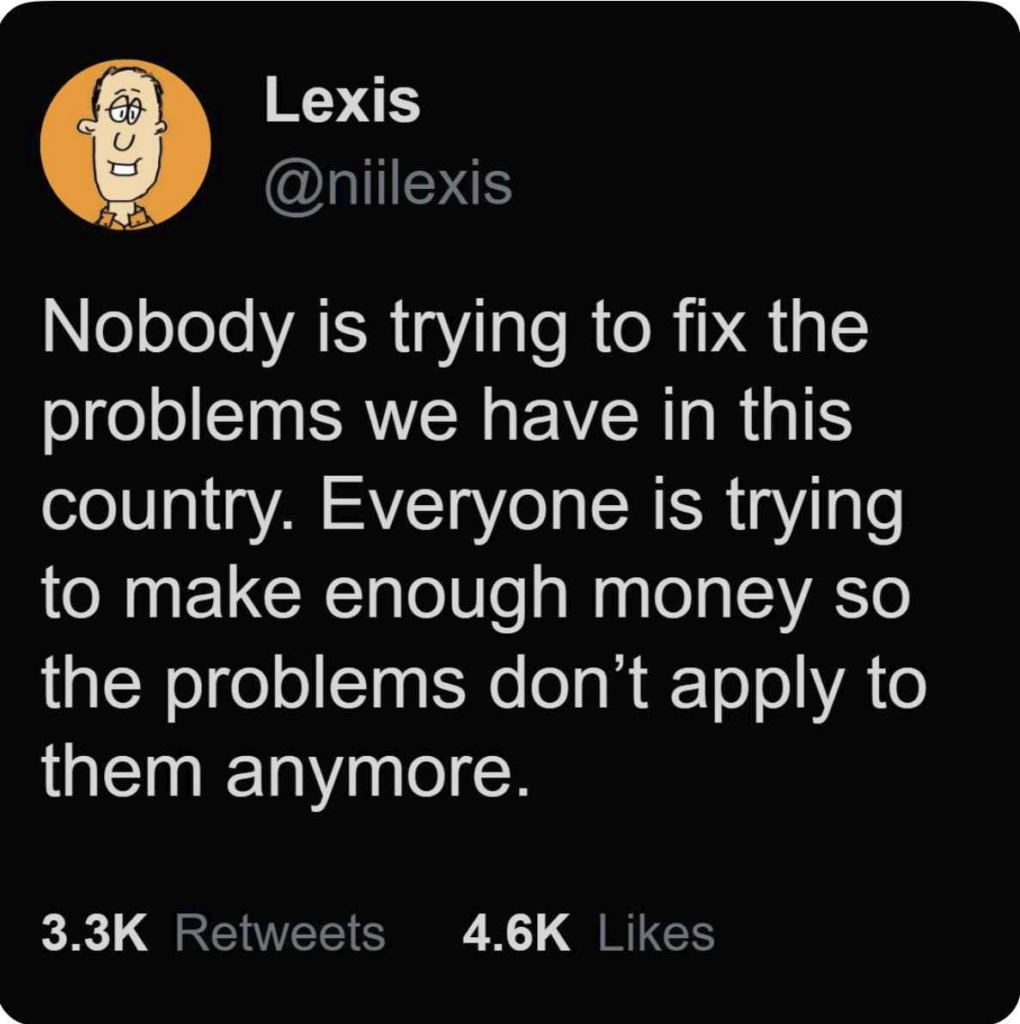(This column is posted at www.StevenSavage.com, Steve’s Tumblr, and Pillowfort. Find out more at my newsletter, and all my social media at my linktr.ee)
As noted many times, I’m interested in history, especially the history of religion and project management. Fortunately my interest in such things has focused on China, which has a long history of written records, and preserved writings on management advice over a thousand years old. We Project Managers have been here forever, everyone needs some anal-retentive worrier who can’t stand to leave things undone.
You think you got canals and great temples without someone like me?
Often in my readings I find how much I relate to people a thousand, two thousand, or more years gone. The same observations, the same issues, the same human condition – and human solutions. There’s so much similar, to the point where I can read about some guy charting grain storage and go “yeah, my man, great job, you update those records, you keep that thing running!”
But among all those similarities, I’d like to talk about differences in how we organize, get things done, and indeed just live with each other.
Yes, I can relate to people thousands of years ago, but they also led different lifestyles than mine. They probably didn’t live thousands of miles away from their family. The seasons meant different things to them with less transport for food and different dwellings. The people I read of might pass by a slaughterhouse casually, or eat food that literally came from next door. They operated on different schedules. NONE of them had to learn what an “Influencer” was or become bitter about it.
They had different minds than me. Yes, we have much in common, but it’s important to remember the differences too.
When I think of this, I think how different we can be sometimes. Now that’s easy to think of the differences between people now and a few thousand years ago. In fact it’s probably good as a lot of us have ideas quite out of date that got handed down over the centuries we don’t question. But there’s more.
Do we have the same minds as someone born a hundred years earlier than us? Fifty? Even ten? How many of us are running around this world trying to interact with people who have different minds than we? How many of us haven’t adapted to the present? For that matter how many lessons are we trying to apply to our current crises that may not be old, but are from different times and different minds?
As we try to solve the problems we face, we may want to ask if we have the wrong minds to do it. If I can speculate on using Agile in pre-Industrial China, we can ask if we are literally the wrong people for the job of running and probably saving the world.
It’s OK. The world has changed a lot. We’ve done some very stupid things in hindsight. It’s OK to admit it. But we have to become different people and that means recognizing we need different minds.
We can reach back and time and learn from people different yet similar to us. We can ask who we need to be now. We can see who we used to be. We can become who we need to be, to have different minds.
Because I’m not sure current us is ready for the job, and we cling mightily to ourselves.
Steven Savage
